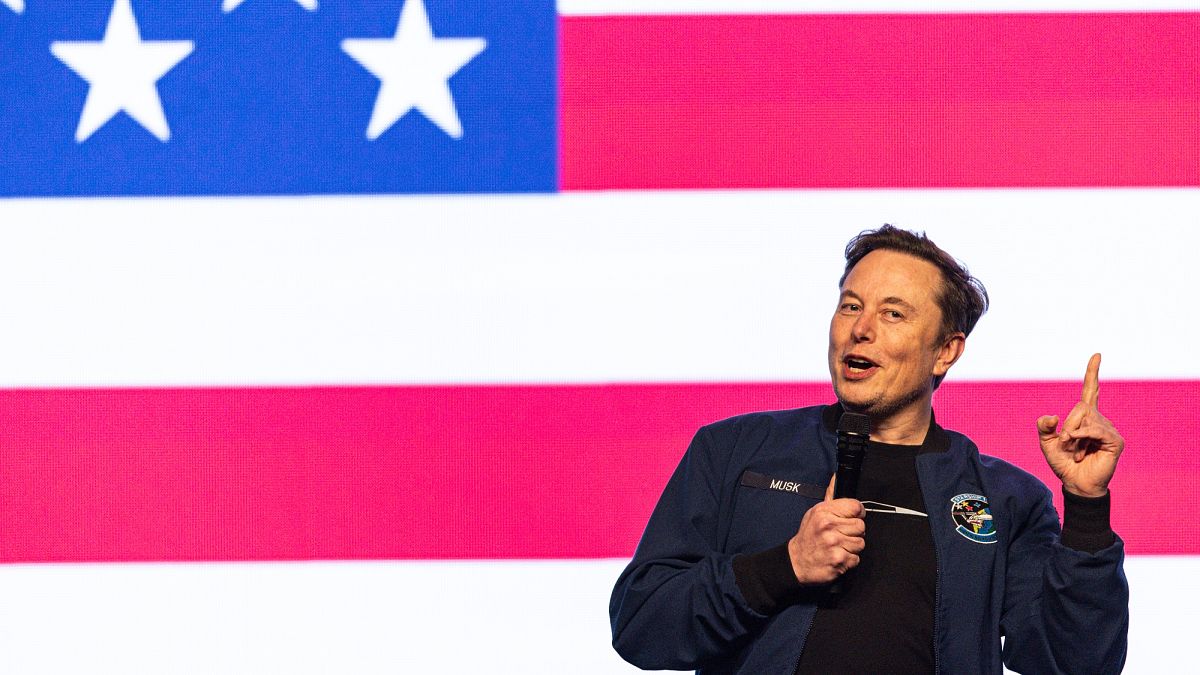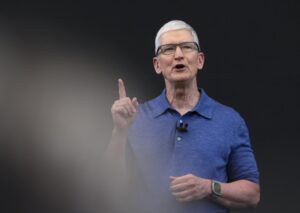Reasons Behind Elon Musk’s AI Company Merger with X and Its Implications for Your Data

Elon Musk’s Acquisition of xAI and X: An Overview
Elon Musk’s recent acquisition of his AI firm, xAI, along with the social media platform X (previously known as Twitter), marks a significant development in the intersection of artificial intelligence and social media. While many perceive this as a move motivated by financial gain, there are broader implications, particularly concerning user data and its utilization in AI training.
Combining Resources and Data
Musk announced the purchase with a vision to integrate various elements essential for AI advancements. He stated, “Today, we officially take the step to combine the data, models, compute, distribution, and talent.” This merger allows X to leverage its user data for training xAI’s systems. With Musk at the helm, this consolidation not only enhances his influence but also raises concerns over data usage practices.
For instance, Jan Penfrat, a senior policy advisor at the European Digital Rights (EDRi), commented on the potential risks: “It might just be that the data stays within their company, but you never know what that company picks as their next business model.” The sale of user information to advertisers has been a key component of X’s revenue strategy, which raises concerns about privacy and ethical considerations.
Competing Interests in AI
Musk’s venture into AI follows a trend among other social media giants like Meta. The latter has been employing data from Facebook and Instagram to train its LLaMA AI model and may even utilize images captured by its smart glasses. This competitive landscape encourages Musk to position his companies as frontrunners in AI development.
According to Petros Iosifidis, a media and communication professor at City University in London, Musk’s motivations reflect a desire to gain a competitive edge amid intense industry competition. Additionally, his ties with political figures, including Donald Trump, illustrate the intertwining of technological and political power, which can have far-reaching implications.
The Challenge of Misinformation
Despite Musk’s assertions that his AI model, Grok, will strive for "maximal truth-seeking," there are concerns about the reliability of the data sourced from X. Since Musk’s takeover, the platform has reportedly seen a rise in misinformation and hate speech. A recent study found that hate speech increased by 50% during the first eight months of his ownership, raising questions about the quality of data available for training AI.
Jan Penfrat has expressed concern regarding the implications of building large language models (LLMs) on social media. He remarked, “It’s not a very good idea to build LLMs on social media because they enable the creation of fake news and disinformation.” Social media platforms can inadvertently facilitate the spread of harmful content, which is particularly problematic when integrated into AI systems.
Implications of Power Consolidation
The merger of Musk’s companies further solidifies his influence over critical technological platforms. His ownership of SpaceX, Tesla, and now both xAI and X dedicates him considerable power, especially considering his rapport with U.S. political figures. This consolidation raises concerns about censorship and the control of information.
Penfrat cautions that Musk’s control over both content and the underlying AI technologies presents a risk for free expression and public discourse. Moreover, Musk’s ownership of satellite internet infrastructure reinforces his capacity to restrict information access globally, a point of concern for many observers.
Ultimately, as discussions about privacy and the political ramifications of data usage continue, individuals may find it prudent to consider their engagement with social media platforms that utilize personal data for commercial purposes.






